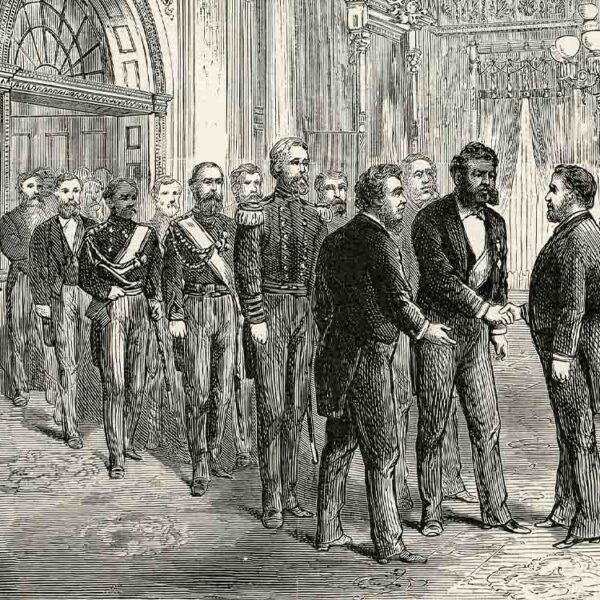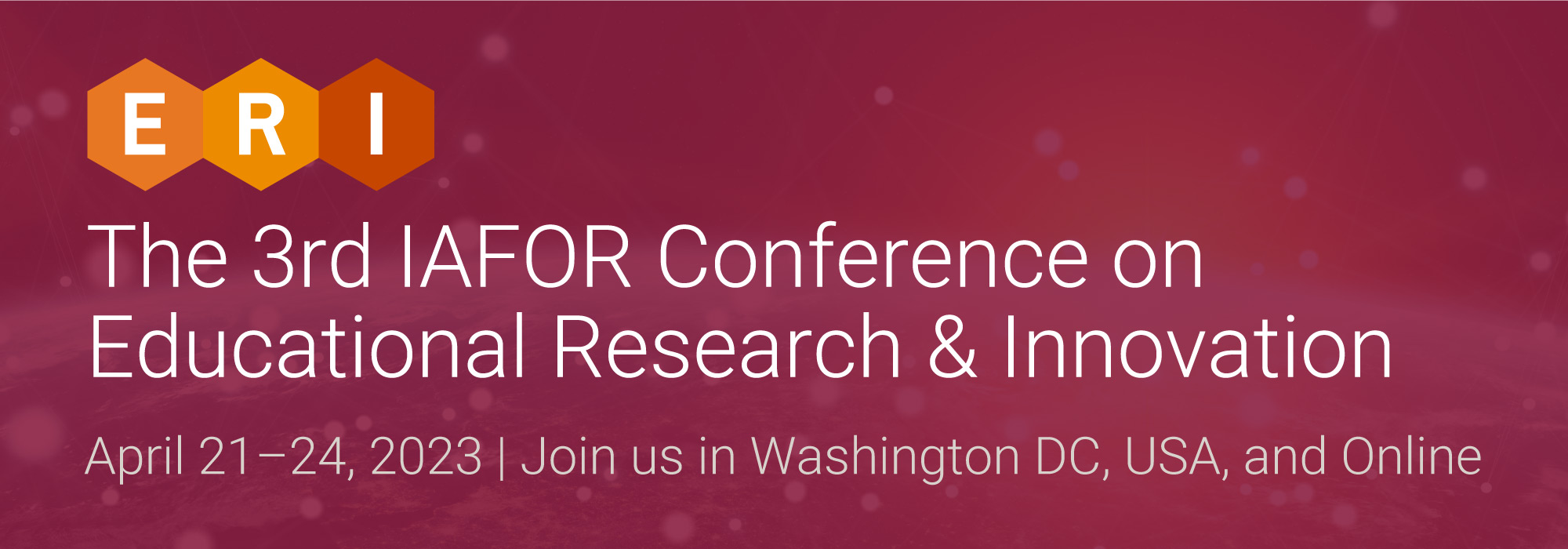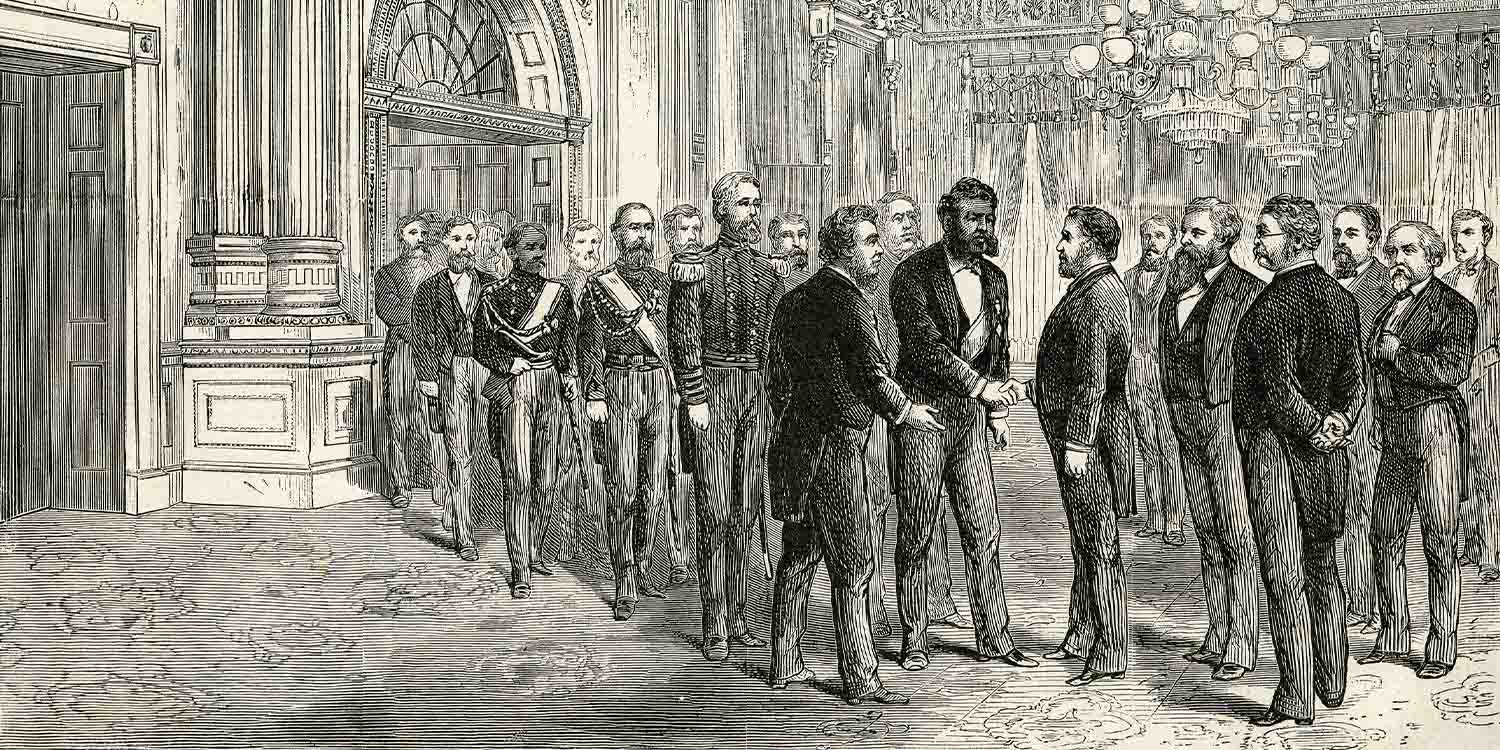Conference Outline
All times are Eastern Daylight Time (UTC-4)
Location: Virginia Tech Executive Briefing Center
12:00-13:00: Conference Registration
13:00-13:05: Announcements & Welcome
13:05-13:15: Welcome Address and Recognition of IAFOR Scholarship Winners
13:15-14:00: Keynote Presentation
Embracing the Digital Shift: Unleashing the Potential of Flexible Learning
Dale Pike, Virginia Tech, United States
14:00-14:45: Featured Interview Session
Learning Beyond Boundaries, Learning Beyond Borders
Joseph Haldane, The International Academic Forum (IAFOR), Japan
Tomoaki Ishigaki, Embassy of Japan in the United States of America, United States
14:45-15:15: Coffee Break
15:15-16:45: Featured Panel Presentation
Existential Questions in Education: Research and Innovation
-
15:15-15:45: Keynote Presentation
Research and Innovation
Michael Menchaca, University of Hawai’i at Manoa, United States
15:45-16:15: Keynote Presentation
State or "State"?: The Innovations of the Hawaiian Kingdom
Kālewa Correa, Smithsonian Institution, United States
16:15-16:45: Panel Discussion
16:45-17:00: Conference Photograph
17:00-18:00: Conference Poster Session & Welcome Reception
09:00-09:30: On-site Registration
09:30-11:10: On-site Parallel Presentation Session 1
Ballston Room: International Education
Falls Church: Inclusive Pedagogy
11:10:11:25: Coffee Break
11:25-12:15: On-site Parallel Session 2
Ballston Room: International Education (Workshop)
Falls Church: Intercultural Learning
12:15-13:15: Lunch Break
13:15-14:55: On-site Parallel Session 3
Ballston Room: Learner Experience Design
Falls Church: Interdisciplinary Education
14:55-15:10: Coffee Break
15:10-16:50: On-site Parallel Session 4
Ballston Room: STEAM Education
Falls Church: Instructional Design and Learning Sciences
09:00-09:30: On-site Registration
09:30-11:10: On-site Parallel Presentation Session 1
Ballston Room: STEAM Education
Falls Church: Emerging Philosophical Perspectives on Learning & Education
11:10:11:25: Coffee Break
11:25-12:15: On-site Parallel Session 2
Ballston Room: Learner Experience Design
Falls Church: International Education (Workshop)
12:15-13:15: Lunch Break
13:15-14:55: On-site Parallel Session 3
Ballston Room: Instructional Design and Learning Sciences
Falls Church: Experiential Learning
14:55-15:10: Onsite Conference Closing Session
Use the time converter tool to show times in your timezone.
07:55-08:00: Message from IAFOR
08:00-09:40: Online Parallel Presentation Session 1
Room A: Enhancing Access to Education
Room B: Learning Experiences
Room C: Learner Experience Design
09:40-09:55: Short Break
09:55-11:35: Online Parallel Presentation Session 2
Room A: Higher Education
Room B: Culture and Arts-based Education
Room C: Interdisciplinary Education
11:35-11:40: Online Conference Closing Message
Featured Presentations
-
 Embracing the Digital Shift: Unleashing the Potential of Flexible LearningKeynote Presentation: Dale Pike
Embracing the Digital Shift: Unleashing the Potential of Flexible LearningKeynote Presentation: Dale Pike -
 Existential Questions in Education: Research and InnovationKeynote Presentation: Michael Menchaca
Existential Questions in Education: Research and InnovationKeynote Presentation: Michael Menchaca -
 State or “State”?: The Innovations of the Hawaiian KingdomKeynote Presentation: Kālewa Correa
State or “State”?: The Innovations of the Hawaiian KingdomKeynote Presentation: Kālewa Correa -
 Learning Beyond Boundaries, Learning Beyond BordersFeatured Interview: Tomoaki Ishigaki
Learning Beyond Boundaries, Learning Beyond BordersFeatured Interview: Tomoaki Ishigaki
Conference Programme
The online version of the Conference Programme is now available to view below via the Issuu viewing platform. Alternatively, download a PDF version.
The Conference Programme can also be viewed on the Issuu website (requires a web browser). An Issuu app is available for Android users.
The Conference Programme contains access information, session information and a detailed day-to-day presentation schedule.
Important Information Emails
All registered attendees will receive an Important Information email and updates in the run-up to the conference. Please check your email inbox for something from "iafor.org". If you can not find these emails in your normal inbox, it is worth checking in your spam or junk mail folders as many programs filter out emails this way. If these did end up in one of these folders, please add the address to your acceptable senders' folder by whatever method your email program can do this.
Pre-Recorded Virtual Presentations & Virtual Poster Presentations
A number of presenters have submitted pre-recorded virtual video presentations or virtual poster presentations. We encourage you to view these presentations and provide feedback through the comments.
Previous Programming
View details of programming for past ERI conferences via the links below.




